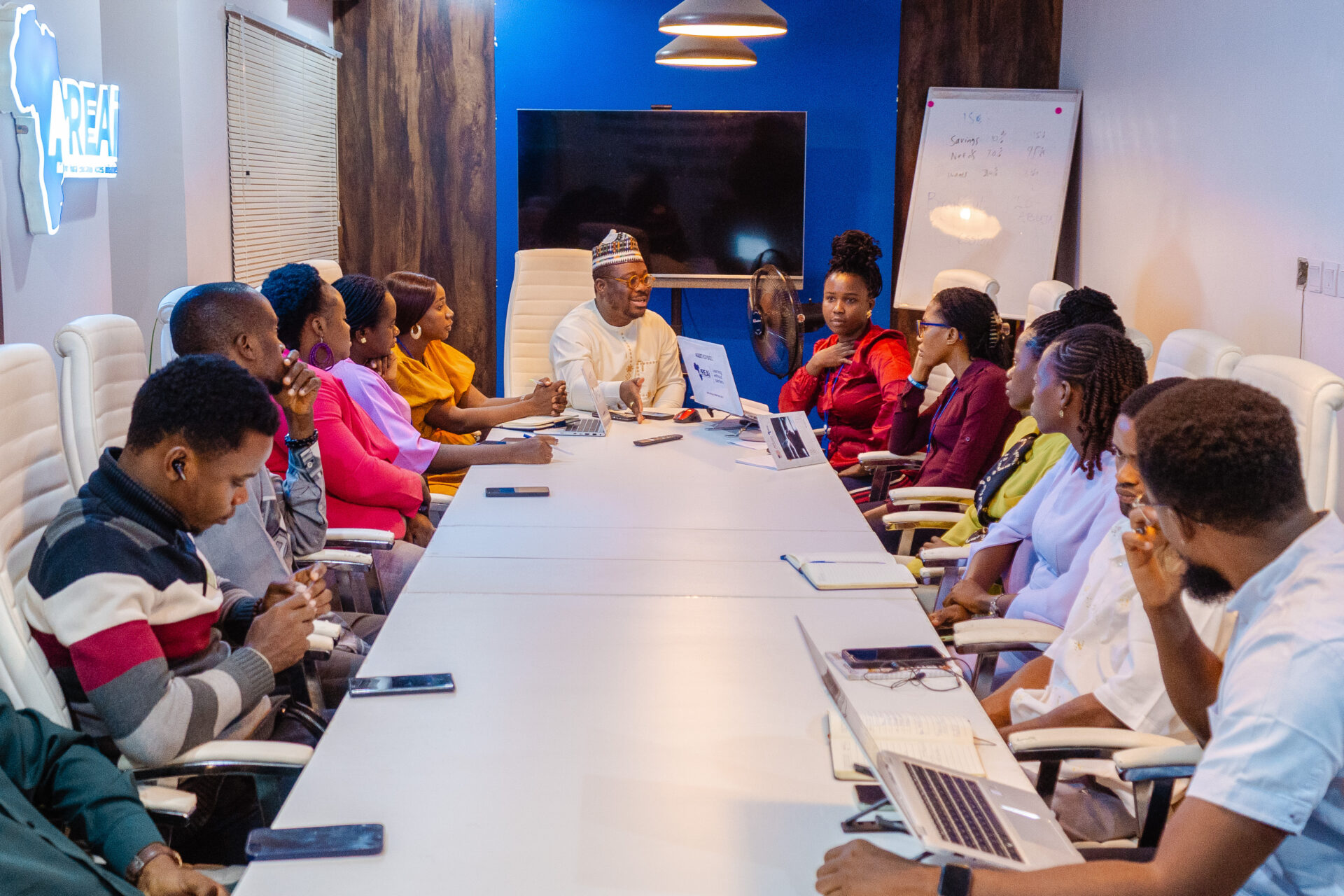
In the dynamic realm of nonprofits and non-governmental organisations (NGOs), the drive to effect meaningful change often propels employees to invest immense time and energy into their work. While this dedication is commendable, it can inadvertently lead to burnout if employee well-being is not prioritised. This article delves into the significance of fostering workplace wellness within the developmental space and NGOs, with a spotlight on the Aid for Rural Education Access Initiative (AREAi), illustrating how balancing mission-driven endeavours with employee well-being is attainable and beneficial.
Most nonprofit organisations operate in environments fraught with challenges, from resource constraints to addressing the diverse needs of underserved communities. Employees, driven by a passion for education, equality, justice or social reform, may find themselves navigating high-stress situations, extended working hours, and emotionally taxing scenarios. Without adequate wellness strategies, these factors can culminate in decreased productivity, elevated absenteeism, and diminished job satisfaction.

Implementing comprehensive wellness programs is essential for safeguarding employee wellness and ensuring the sustainability and efficacy of the organisation’s mission. Research indicates that wellness initiatives can enhance employee morale, boost engagement, and reduce turnover rates, amplifying the organisation’s overall impact.
The Aid for Rural Education Access Initiative (AREAi) exemplifies how nonprofit organisations can seamlessly integrate employee wellness into their operational ethos. Recognising that the vigour of their workforce directly influences program success, AREAi has instituted several measures to promote a healthy work environment.
1. Professional Development and Well-being Support.
AREAi offers continuous professional development opportunities, ensuring employees feel competent and confident. Well-being support systems, including access to counselling services and stress management workshops, which complement their commitment to growth. Such initiatives not only enhance job performance but also contribute to personal fulfilment.
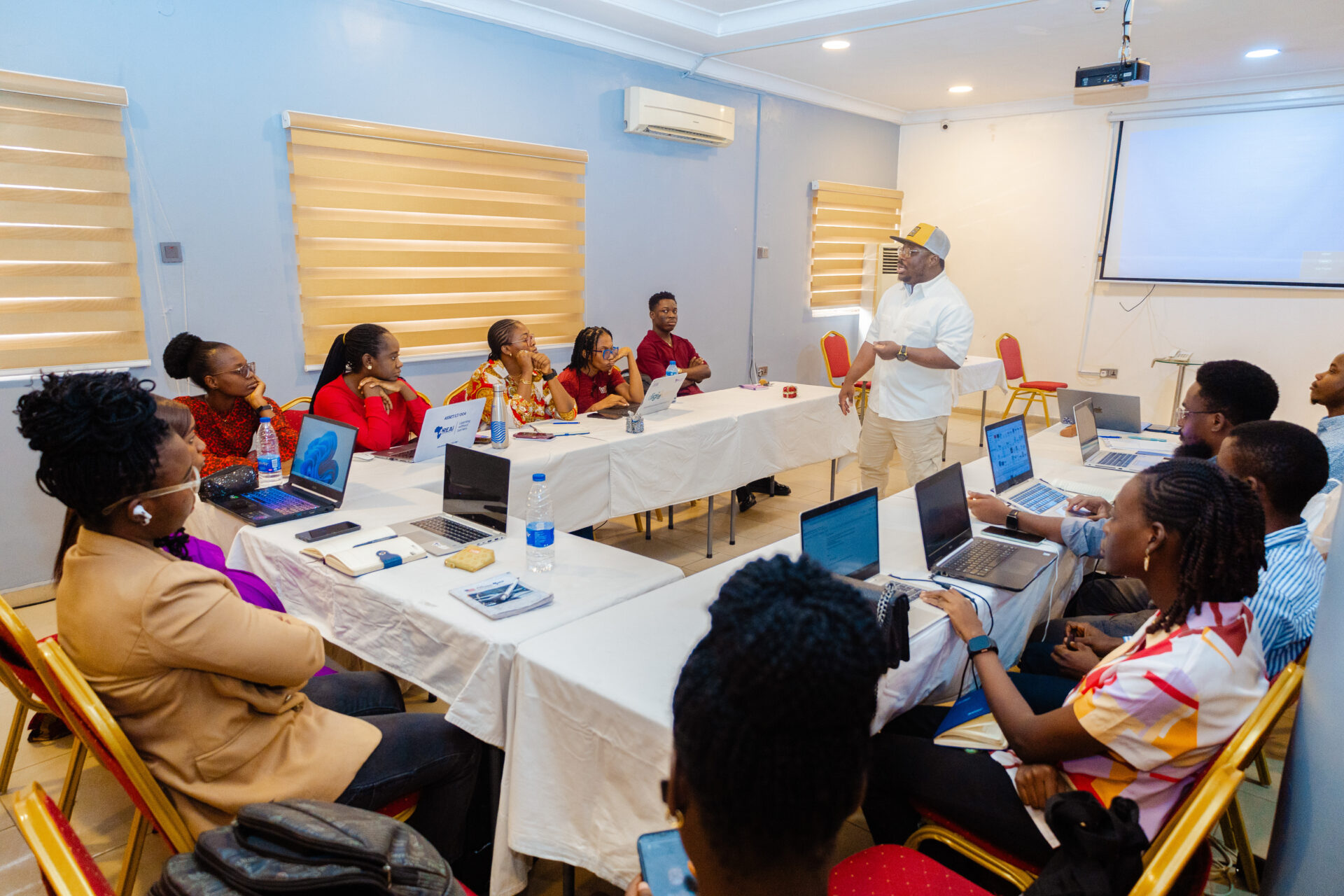
2. Flexible Work Arrangements.
By understanding its staff’s diverse personal commitments, AREAi provides flexible work schedules and remote working options. This flexibility allows employees to maintain a harmonious work-life balance, reducing stress and preventing burnout.
3. Health and Wellness Programs.
AREAi has instituted health-focused programs, such as mental health check-ups and workshops on nutrition and self-care. These programs are designed to cultivate a culture of wellness, encouraging employees to prioritise their health alongside their professional responsibilities.
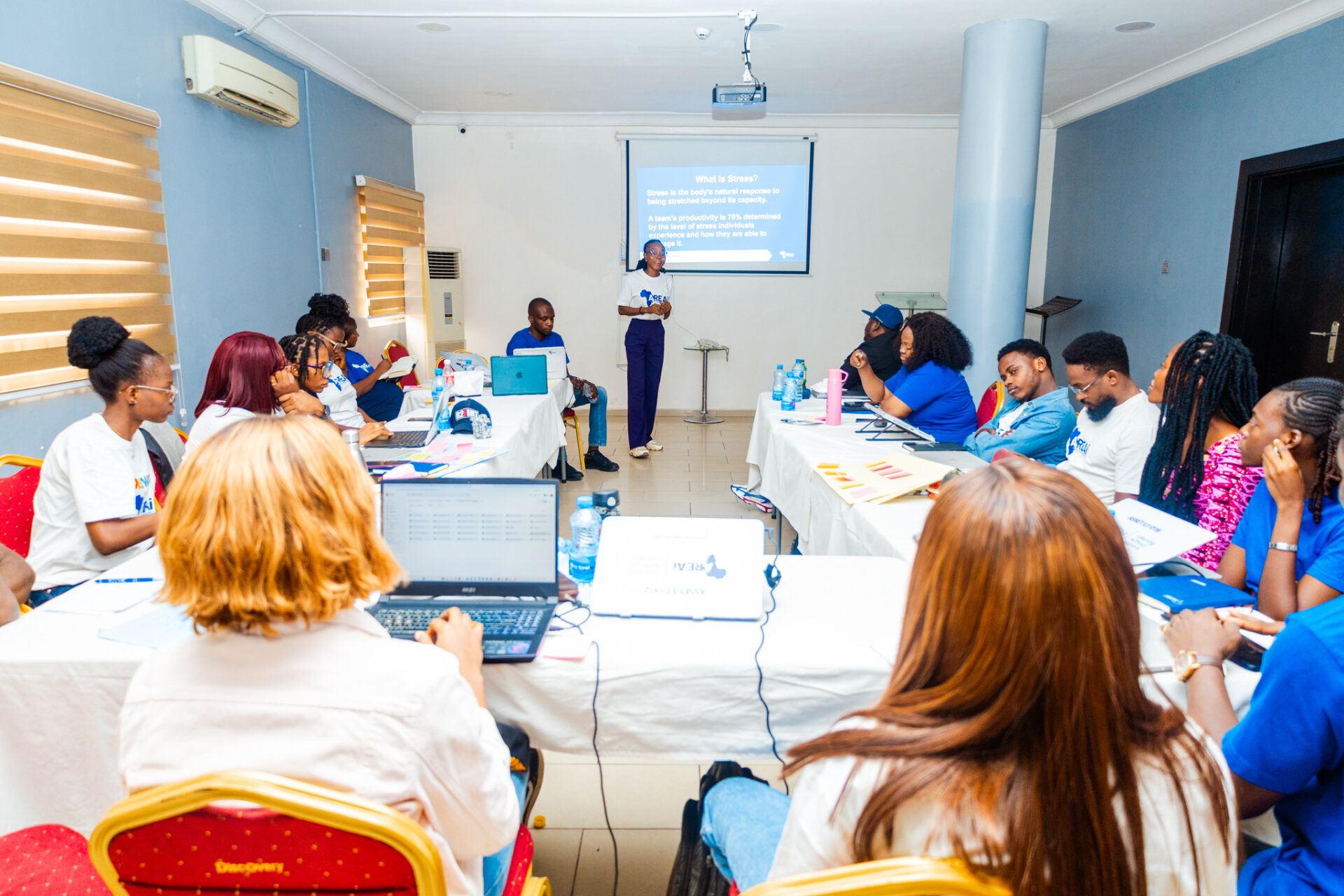
For non-profit organisations aiming to harmonise their ambitious goals with the well-being of their staff, the following strategies can be instrumental:
1. Cultivate an Open Communication Culture.
Encouraging transparent dialogue about workloads, stressors, and personal needs fosters a supportive environment. Regular check-ins and feedback sessions can help identify potential issues before they escalate, allowing for timely interventions.
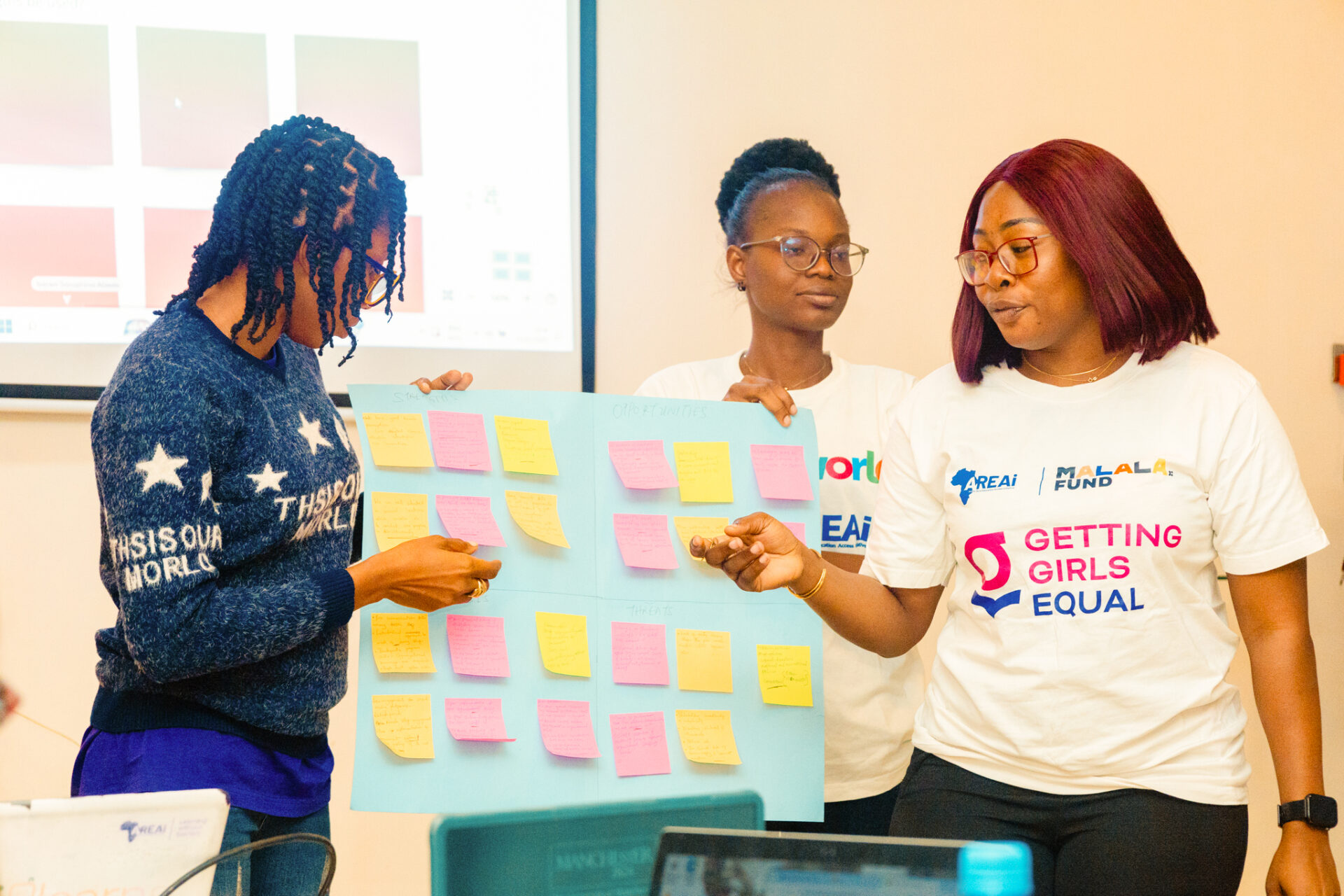
2. Provide Access to Mental Health Resources.
Offering resources such as counselling services, mental health workshops, and stress management tools can equip employees with the skills to navigate the emotional demands of their roles. Collaborations with organisations specialising in mental health can enhance the support provided.
3. Encourage Regular Breaks and Time Off.
Promoting the use of regular breaks and vacation time is vital for rejuvenation. Leadership should model this behaviour, demonstrating that taking time off is acceptable and beneficial.
4. Implement Recognition and Reward Systems.
Acknowledging and celebrating employee achievements can boost morale and motivation. Recognition programs, whether through formal awards or informal acknowledgements, reinforce the value of employees’ contributions.
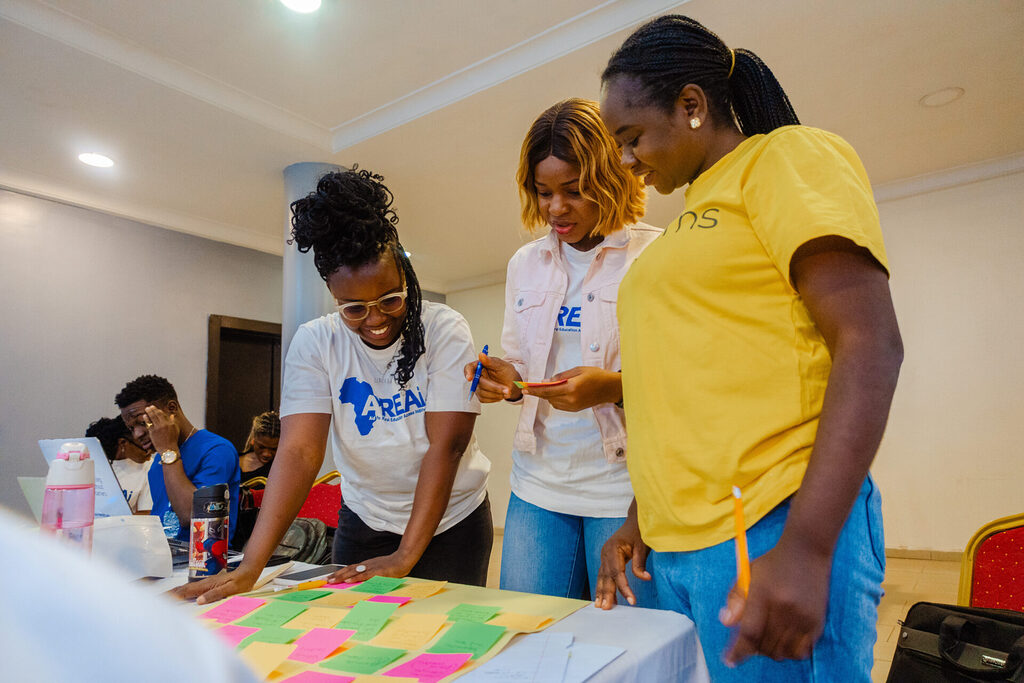
5. Offer Professional Development Opportunities.
Investing in employees’ growth through training and development programs enhances their skills and demonstrates the organisation’s commitment to their personal and professional advancement.
Balancing mission-driven work with employee wellness is not merely a desirable objective but a fundamental necessity in the developmental space. By adopting a holistic approach that prioritises the health and well-being of staff, organisations like AREAi exemplify how nurturing employees can lead to sustained success and a more profound impact on the communities they serve. Embracing such practices ensures that a resilient and thriving workforce supports the pursuit of educational equity.
Written by Faith Ginika.
Head of HR and Administration, AREAi.